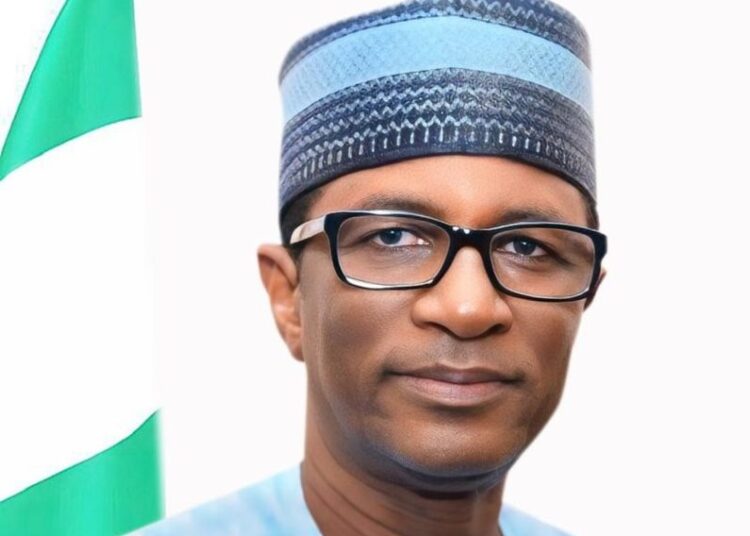Director General of the National Agency for the Great Green Wall (NAGGW), Saleh Abubakar, has said Nigeria needs to plant trees to secure the future of its environment.
Abubakar, who said the NAGGW was leading a tree-planting initiative and had launched a five-year plan to plant 50 million date palm trees across 11 frontline states, disclosed this during an exclusive interview with LEADERSHIP correspondent in Abuja.
He also revealed that tree planting and afforestation would enhance Nigeria’s broader climatic goals.
The director general said the initiative would assist in combating desertification, improving livelihoods and enhancing climate resilience in the Sahel region. He also said the NAGGW had commenced the exercise with an ambiguous target of 20 million seedlings in 2025.
“We started from a humble beginning where we planted a few million trees every year, but this year, we became ambitious to start planting 20 million trees. Now that we’ve started with five million date palms, we have already distributed them in about 11 states, and we will scale that up to 50 million by 2030.
“The trees will include fruit trees, other trees we are losing, like Tamarind. You don’t even find them like that anywhere. We have the seedlings of sweet Tamarind, for example, and so many others. We are just trying to scale up production and distribution to the people so they can get into production and nurturing,” he said.
Abubakar, who had before now warned that the country was drifting towards an environmental and health crisis if urgent actions were not taken, also stressed that to an average Nigerian, the impact of climate change means displacement, loss of livelihood and in most cases a very harsh, unfavourable environment.
According to him, Nigeria is facing a climate crisis that can only be taken care of if the citizens are aware of their environment and take proper care of it.
“Citizens must do well by taking care of the environment to live in peace and in harmony with the region,” he said.
The NAGGW boss, who also frowned against indiscriminate felling of trees for charcoal and other personal gains, said his agency was working with state governments and stakeholders to encourage tree planting. In contrast, perpetrators of indiscriminate felling of trees, he said, were being punished.
He said, “We are working together with the state governments; they are the ones to set the laws. Of course, there are laws in the states against tree felling, especially indiscriminate tree felling. Some go for this tree felling at night, some make charcoal, and some even export the timber out of this country. So, the states have the enabling laws to catch the offenders and give them appropriate sanctions.
“For us, what we are doing is to try to educate the people. We tell them everywhere we go that their lives depend on the environment. If the environment is so harsh and bad, they can’t even live there, especially those in the precarious areas.”
Abubakar further revealed that the NAGGW has been given a clear mandate to encourage private forests, adding that they have a policy driven by the Minister of Environment. He emphasised that private individuals can own their personal forest, adding that Nigerians can plant or raise trees for timber or food.










